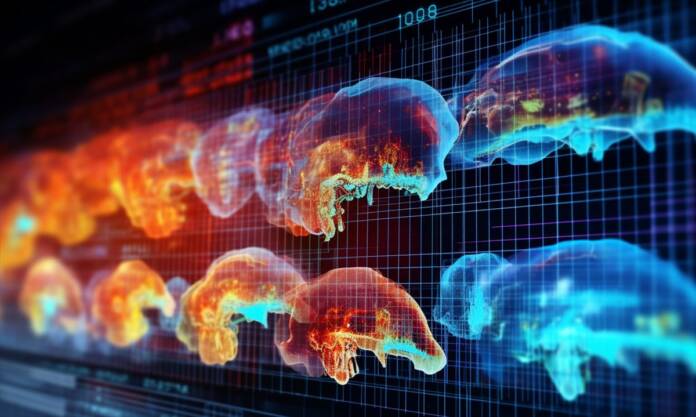An important advance in the detection of pathologies through the analysis of clinical histories.
The ASHO team, a leading health coding company, has developed innovative software based on Artificial Intelligence (AI) capable of detecting certain pathologies in patient medical records with 99% reliability. This technology promises to speed up and improve the disease detection process, offering accurate and fast results for the benefit of health professionals and patients.
Pilot test at the Consorci Sanitari Alt Penedès-Garraf
Within the framework of a study carried out by the Neurology service of the Consorci Sanitari Alt Penedès-Garraf, located in Barcelona, ASHO has carried out a pilot test of its software. The objective of this test has been to identify patients at risk of suffering a stroke by detecting atrial fibrillation in their medical records.
Atrial fibrillation, an irregular and fast heartbeat, is a condition that increases the chances of having a stroke. By analyzing around 4,000 clinical histories from the last 15 years of patients who had suffered a stroke and had a history of atrial fibrillation, ASHO has managed to develop a highly accurate AI model for the detection of this pathology.
ASHO Software Operation
The software developed by ASHO uses Artificial Intelligence techniques to analyze the medical records of patients in search of indications of specific pathologies. In the case of the pilot test carried out at the Consorci Sanitari Alt Penedès-Garraf, the software has focused on detecting the presence of atrial fibrillation.
The advantage of this technology lies in its ability to streamline the screening process, which would otherwise require extensive manual review of each medical record. The director of ASHO’s Artificial Intelligence area, Juli Climent, highlights that the software can identify the presence of atrial fibrillation in medical records with an accuracy of 99%, which is a significant advance in the early detection of this condition.
Portability and the future of software
One of the main strengths of the software developed by ASHO is its ability to be transferred to other health centers and adapted to detect different pathologies. Juli Climent mentions that, unlike other more complex programs, this software has a specific applicability and can be easily implemented in other Spanish-speaking hospitals.
The early detection of pathologies through clinical histories is of the utmost importance, especially in the case of diseases such as stroke, which is the second cause of death in Spain and affects a large number of people each year. The successful implementation of this software in various health centers could have a significant impact on the prevention and timely treatment of serious diseases.
Health benefits and technological advancement
ASHO’s development of this software represents a remarkable advancement in the field of healthcare and technology. The early detection of pathologies through the automated analysis of medical records can improve the efficiency of medical processes, allowing health professionals to make more informed decisions and provide better care to patients.
The success of the pilot test carried out at the Consorci Sanitari Alt Penedès-Garraf demonstrates the potential of Artificial Intelligence to revolutionize the field of medicine. The ability of this software to detect atrial fibrillation with a reliability of 99% opens the door to future applications in the detection of other pathologies and its implementation in health centers throughout the country.
You have more information at asho.net/inteligencia-artificial/
Image merely illustrative














